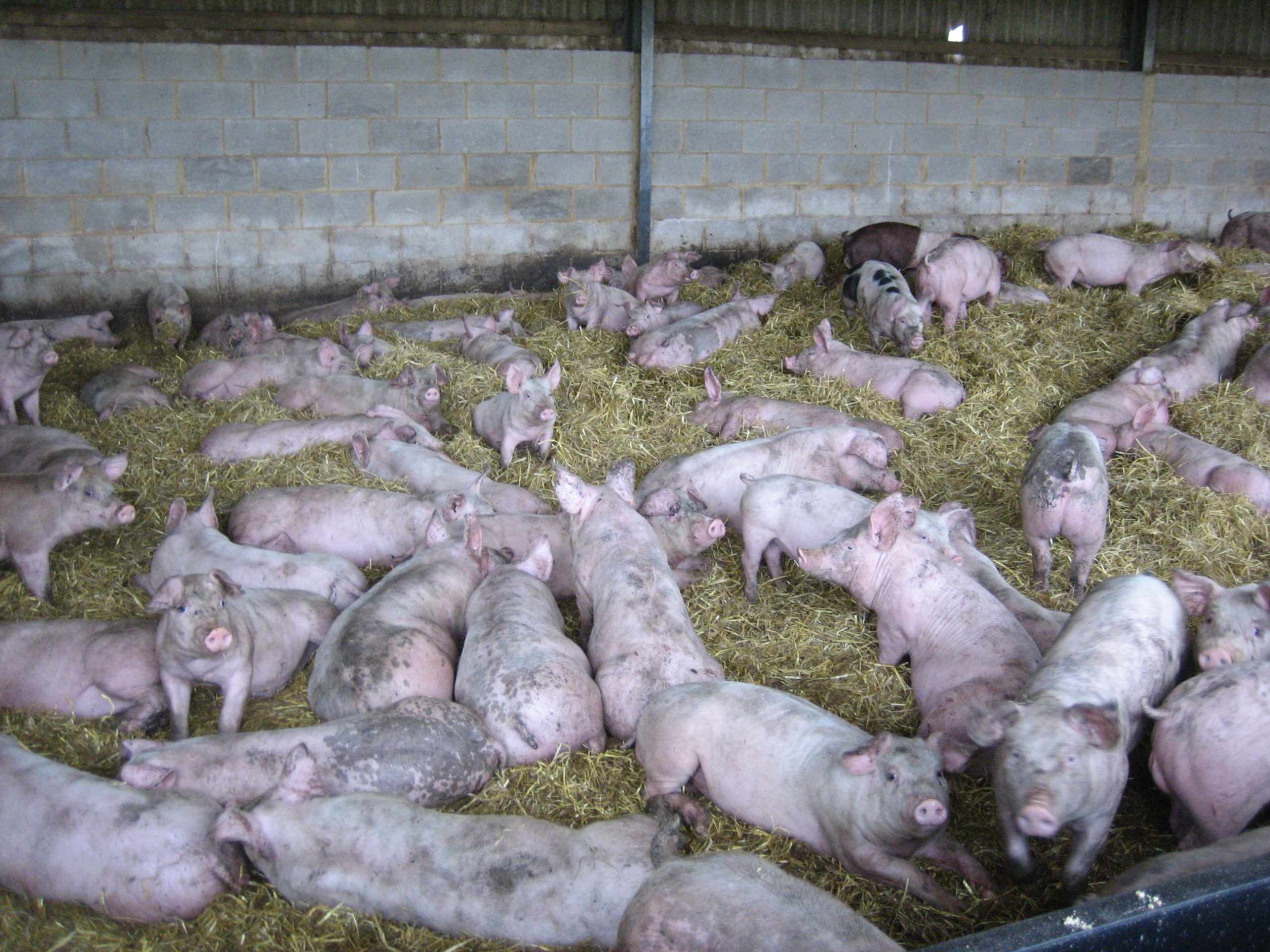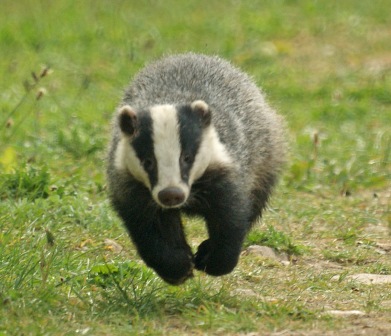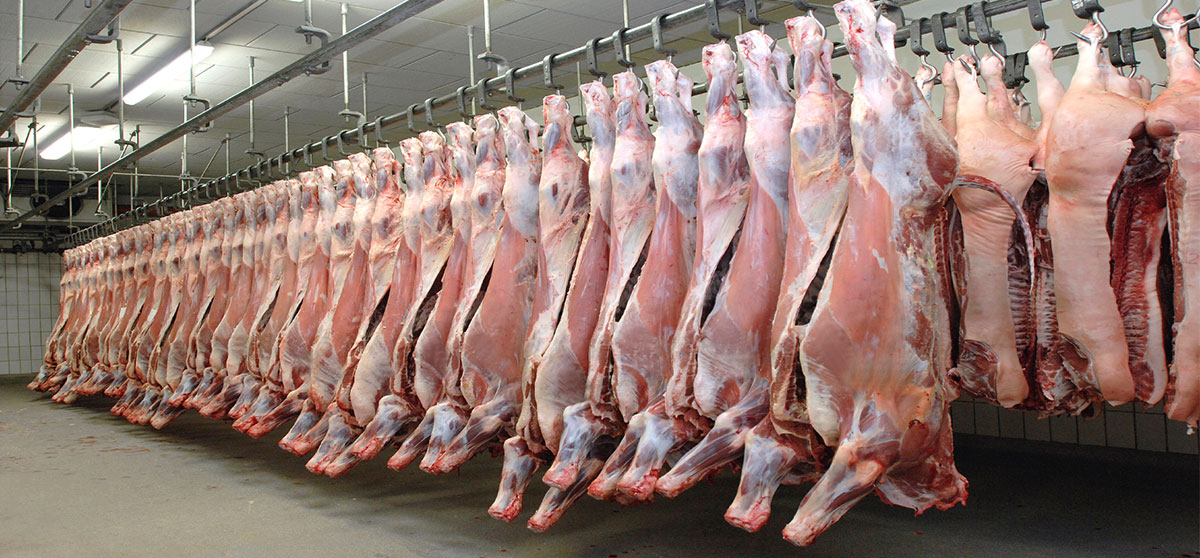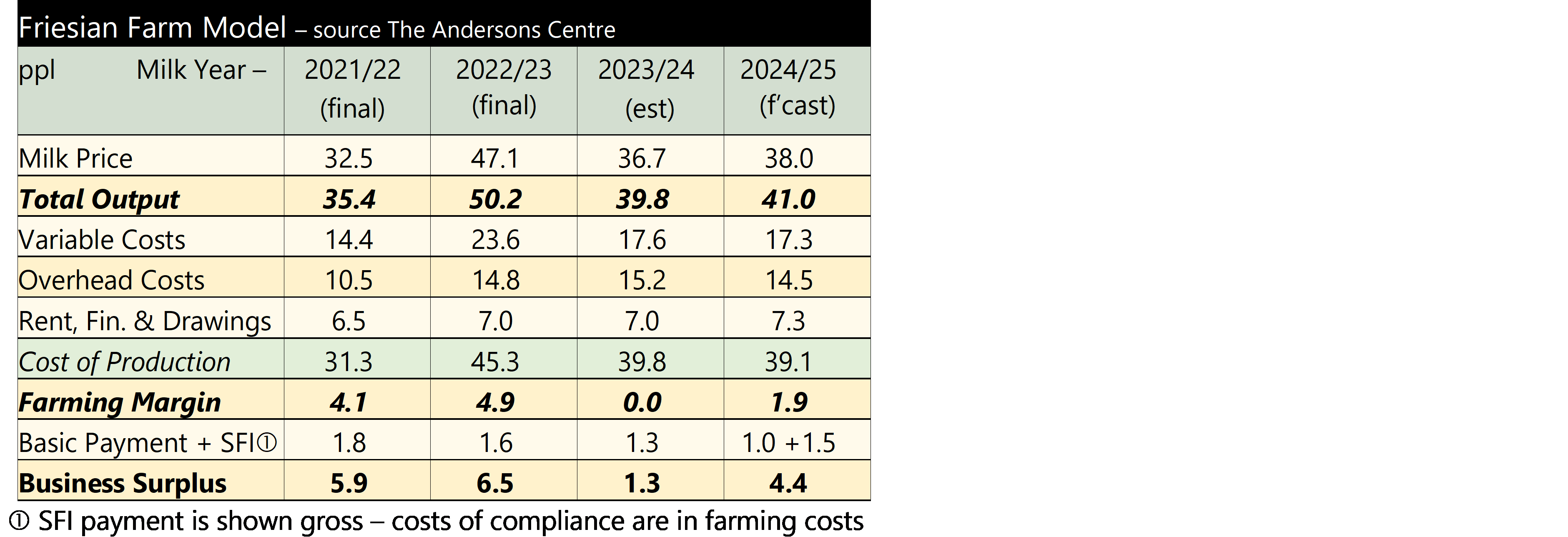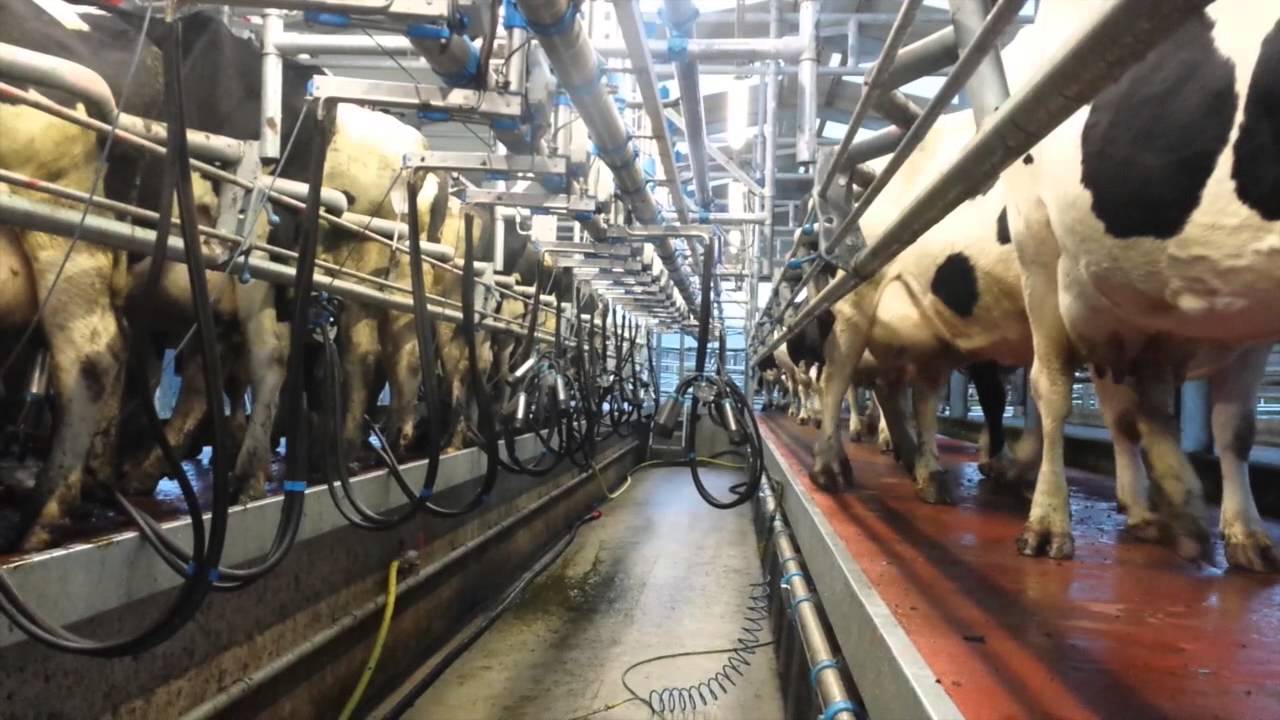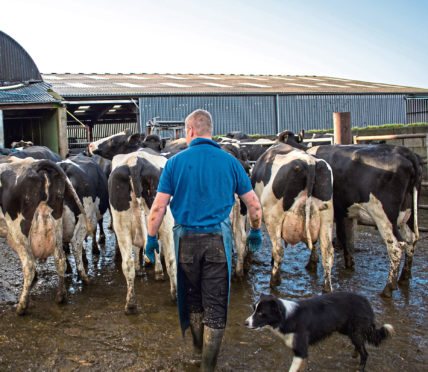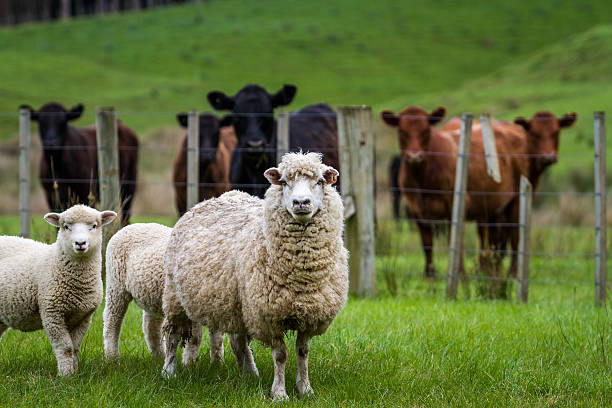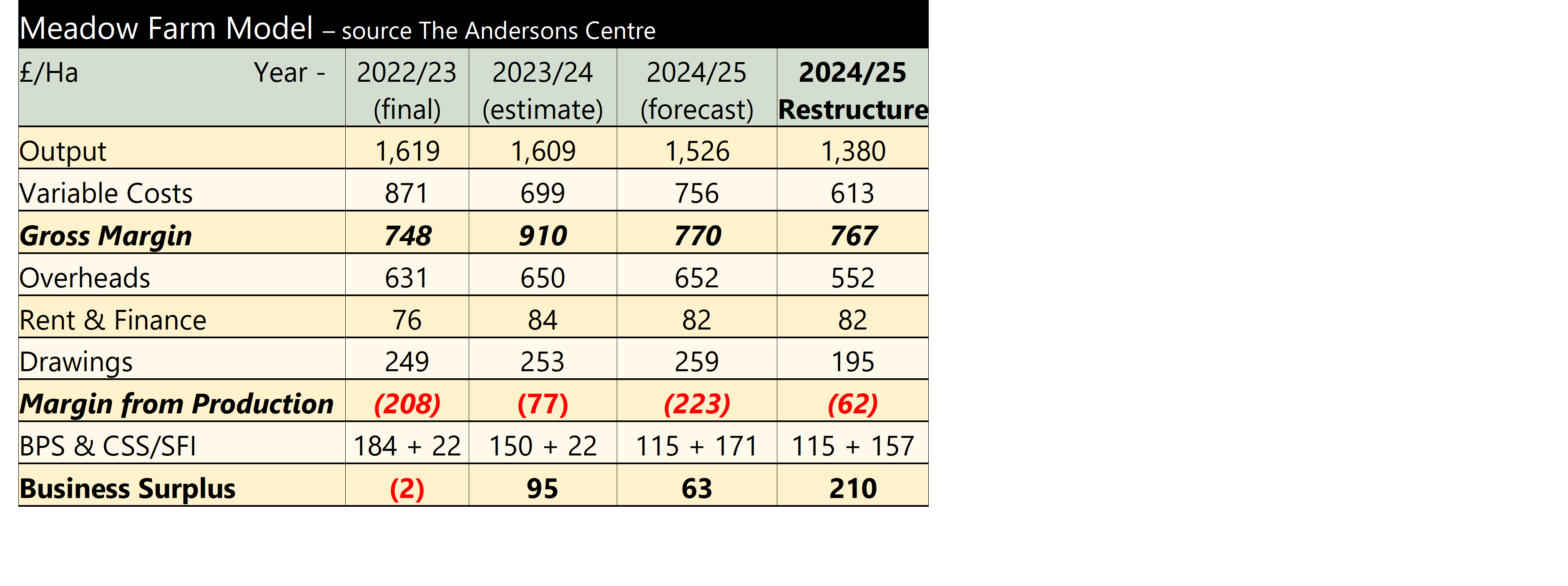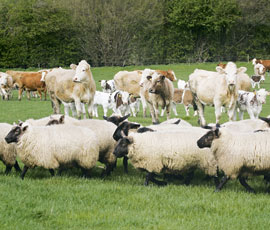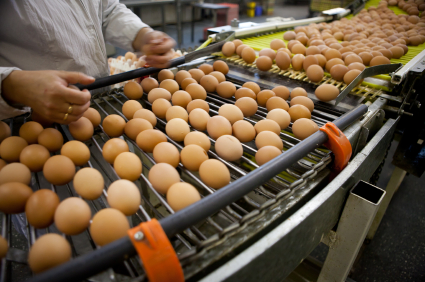Defra has published its response to the Review of the Great Britain Pig Industry Structure. The review was undertaken by the AHDB and looked at the structure of the industry and also The Pigs, Records, Indentification and Movement Order (PRIMO) 2011 legislation. The review concluded back in February 2022 and made 48 recommendations. Defra has responded to each of the recommendations in a Policy Paper which can be found at https://www.gov.uk/government/publications/pig-industry-structure-in-great-britain-review-government-response/review-of-the-pig-industry-structure-in-great-britain-gb-government-response.
Defra welcomes the recommendations in the report stating ‘many of which are in line with our own ambitions to increase our disease control capability, whilst considering the impacts any proposed changes would have on the industry’. But it also acknowledged that many of the recommendations would take time to deliver as they are dependent on the Government’s ‘main ambition’ to move pig reporting from the current eAML2 to the new multi-species Livestock Information Service (LIS).
However, in the interim it has started work on a couple of recommendations. Firstly, using a public communications campaign aimed at all pig keepers, it is raising awareness of the importance of registration and de-registration. And secondly, through the same communications channel, it aims to promote awareness of the legal obligations of keepers to ensure they meet strict biosecurity standards to promote disease prevention.
